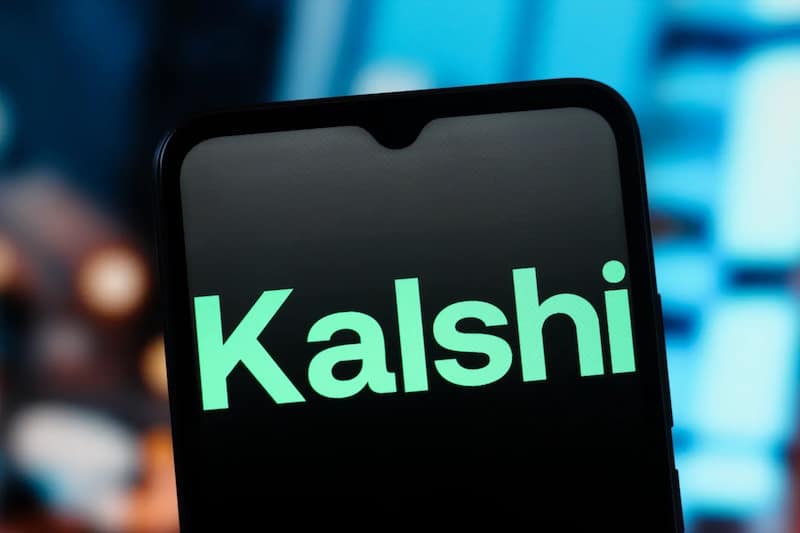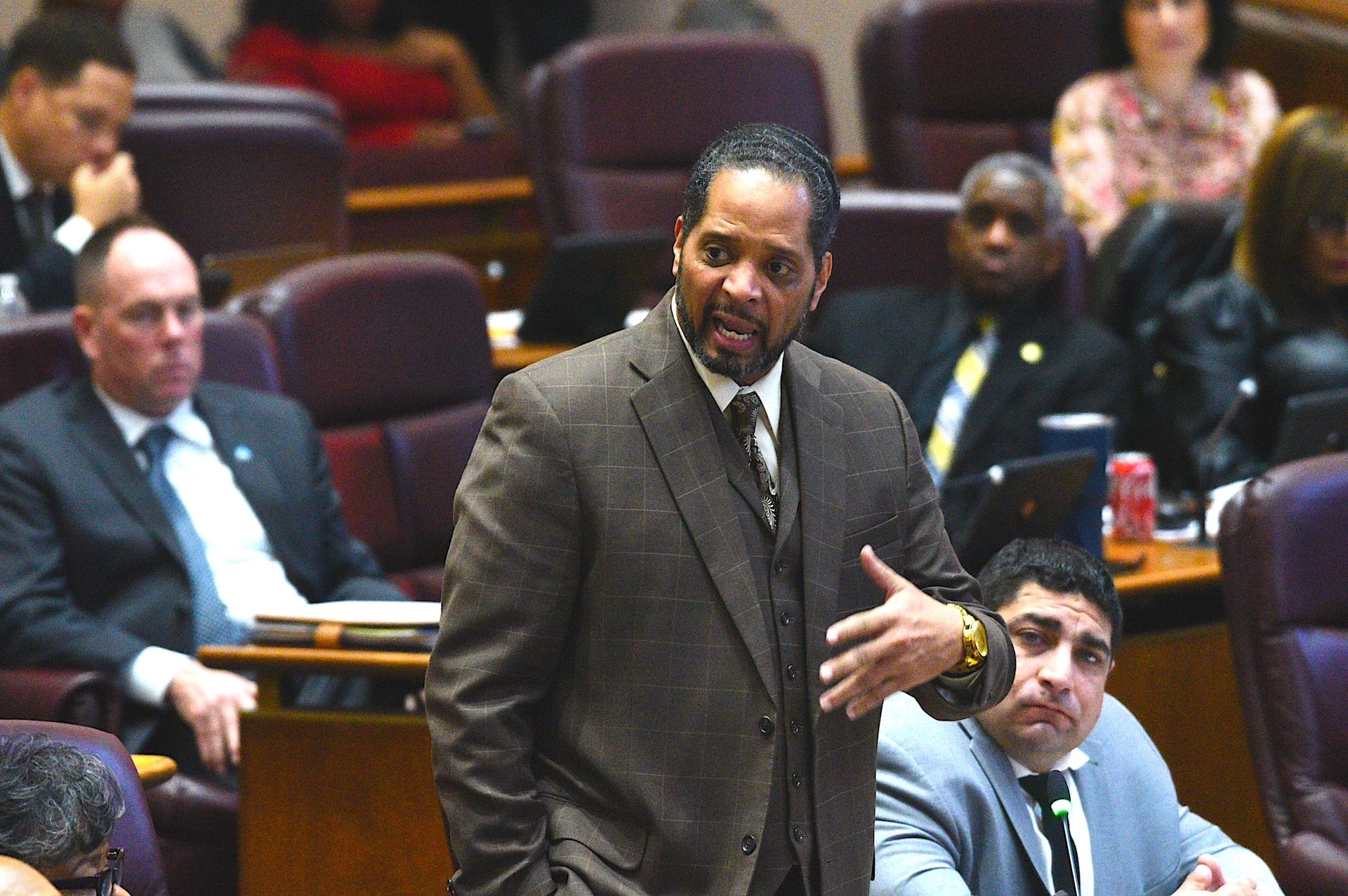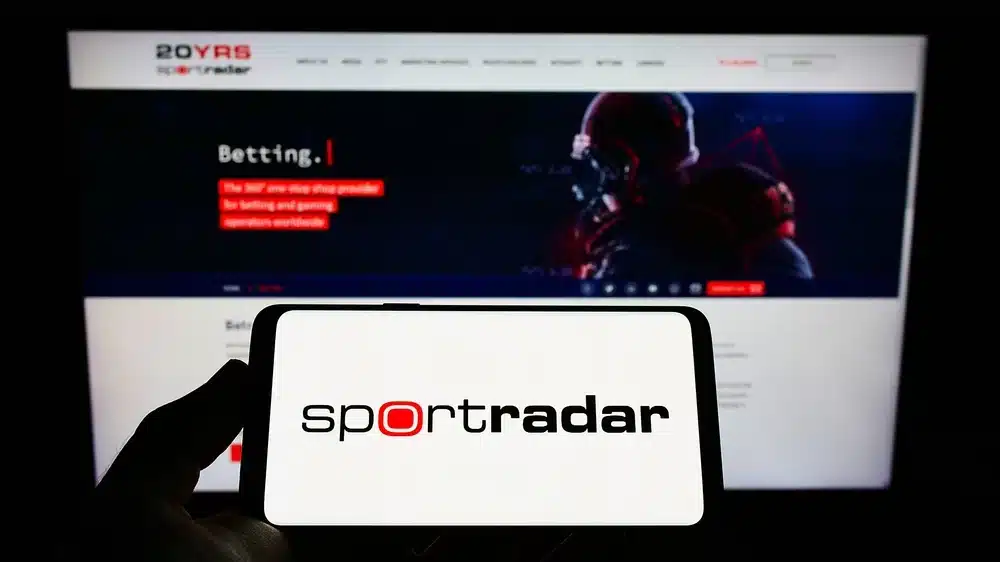
Brazil releases new ordinance for player data and fund transfers

This latest piece of legislation sheds light on how player data will be migrated to the regulated market.
Key Points
- Brazil has released its latest ordinance relating to the migration of players data and funds
- The ordinance comes just one month ahead of the market’s opening
Just over one month prior to the opening of its regulated sports betting and iGaming markets, Brazil has published its latest ordinance pertaining to how player data and funds will be moved to licensed operators in the new year.
Published by Brazil’s Official Gazette of the Union, SPA/MF Ordinance No.1,857 addresses not only operators, but also players, who now have – as stated by the ordinance – until March 2025 to withdraw their funds from any unlicensed operators in the nation. Bettor’s access to their account with unlicensed operators will also be restricted from March 31.
Moreover, bettors will need to prove their identity via facial recognition and consent to the migration of their data, as well as register a bank account approved by the Central Bank of Brazil in order to authorize the transfer of their data.
Any betting operators in the nation wishing to migrate data on behalf of their players to their newly licensed entity are required to submit a formal request to do so to the SPA by December 13. Requests must then be signed by the same legal entity that signed the company’s license application.
Good to know: President Lula threatened to backtrack on sports betting regulation in October if addiction issues were not resolved
The SPA has detailed a 15-day wait time from the date the application was made before operators will receive confirmation of approval. Applications can only be made by operators who have had their general license approved.
The Brazilian landscape is becoming increasingly busy ahead of the new year, with the Ministry of Sports launching a probe into gambling promotion irregularities on YouTube, the publishing of a new IBJR gaming manifesto and a last-minute order being imposed on 17 betting companies by the Ministry of Justice – all within the previous month.
Currently, around 93 operators are still awaiting confirmation of their license approval in Brazil, whose road to regulation has been a bumpy one thus far.
Tags/Keywords
Players trust our reporting due to our commitment to unbiased and professional evaluations of the iGaming sector. We track hundreds of platforms and industry updates daily to ensure our news feed and leaderboards reflect the most recent market shifts. With nearly two decades of experience within iGaming, our team provides a wealth of expert knowledge. This long-standing expertise enables us to deliver thorough, reliable news and guidance to our readers.






